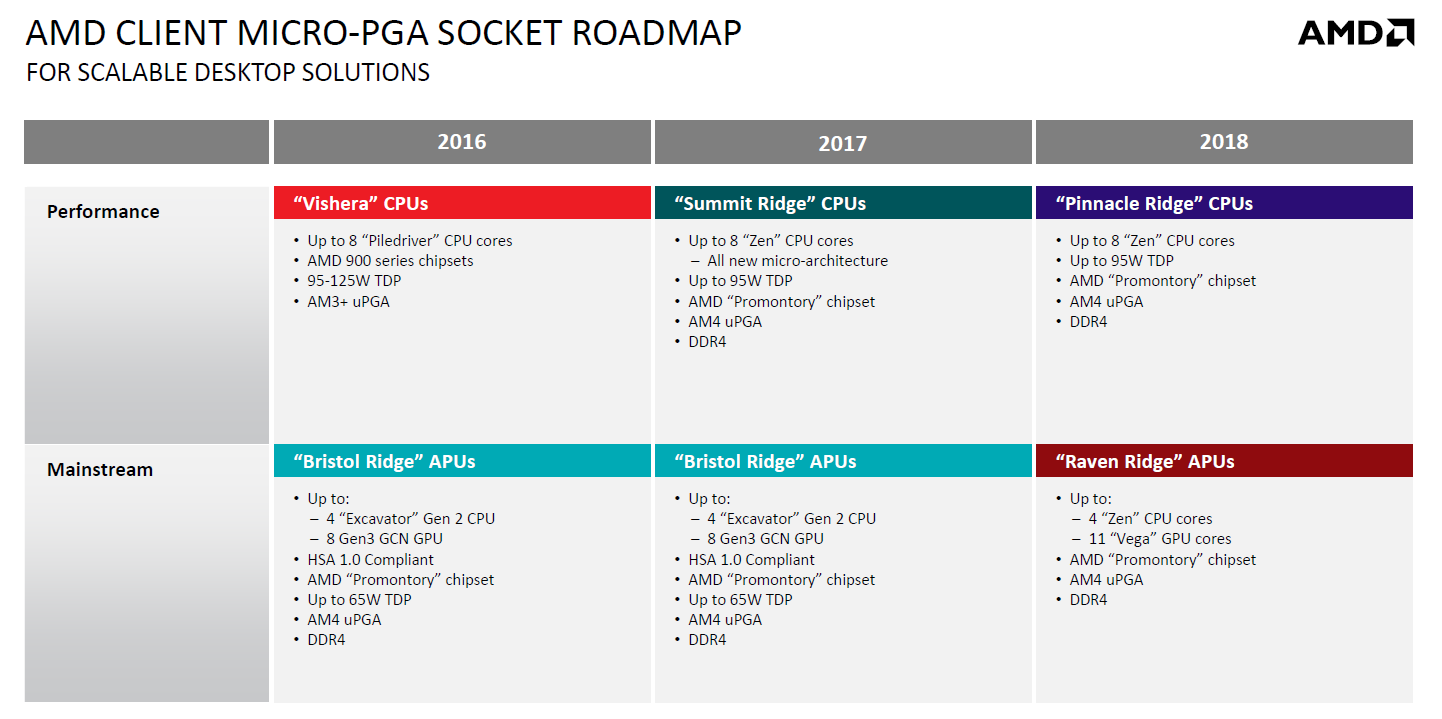-Fran-
Glorious
XBloodyR :
I dont even understand why you would get the 1600x over 1600 since the x costs more in of itself and additionally the 1600 comes with the cooler which is enough for overclocks to about 3.8-4 Ghz thats for any of the x versions. Only reason would be extreme overclocks.
I have my suspicions that AMD might have been binning the 1600X with working 1700X or 1800X'es. The power figures for them look in-line with the power characteristics the 1800X showed, even more than the 1700. That fully enabled L3 is also a good hint on the binning.
But, I have no proof and only a hunch. That is why I'd gamble with a 1600X instead of the 1600, but you're correct at "face value". The 1600 is the better deal over the 1600X. The difference seems to be mostly around the wraith and the extra 100Mhz out of the box (for the clock-turbo thingy).
Cheers!




